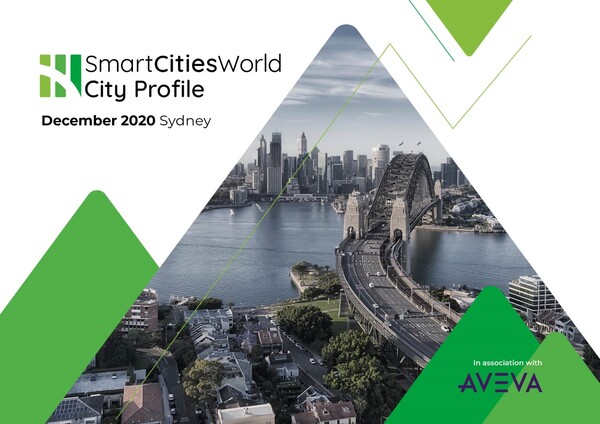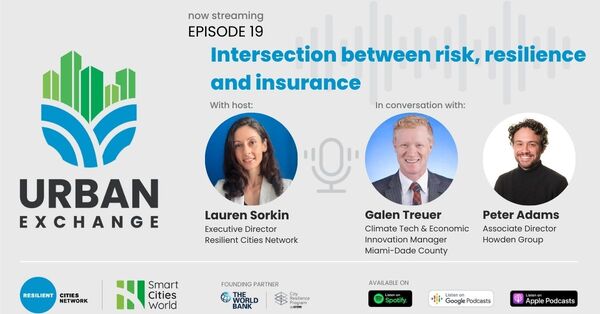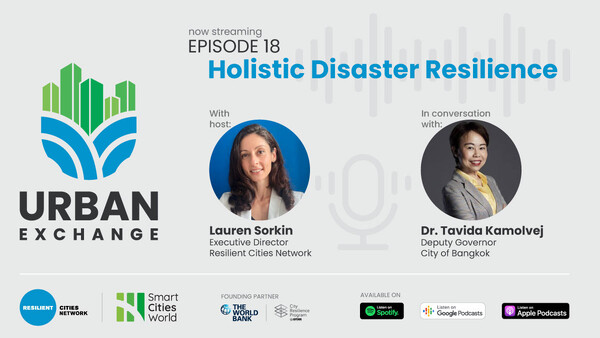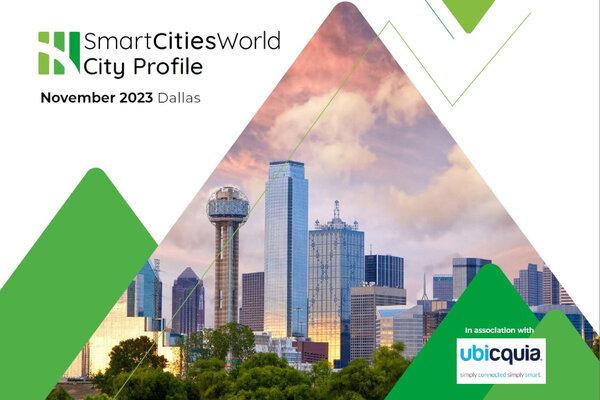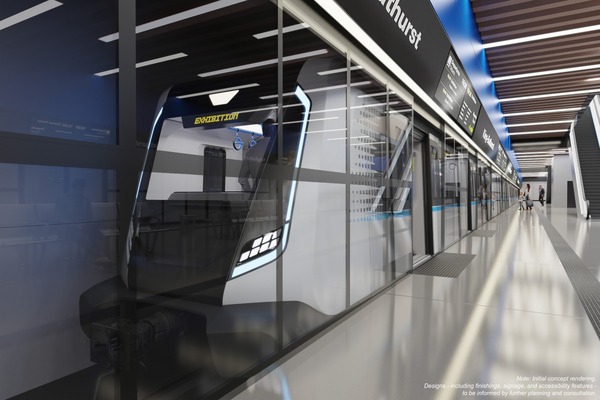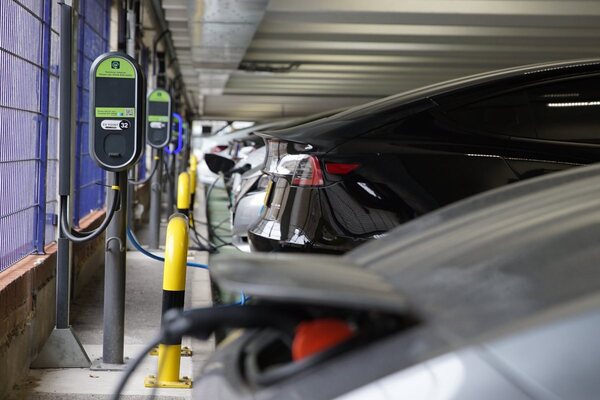Special Reports
SusHi Tech Tokyo 2024: experience ‘Tokyo 2050’ todaySponsored by The SusHi Tech Tokyo 2024 Showcase Program Executive Committee
San Francisco’s BART tests earthquake early warning system
Earlier this week, San Francisco’s Bay Area Rapid Transit (BART) tested a new earthquake early warning system, ShakeAlert 2.0.

On Monday, BART trains slowed to 27 mph during a 15-minute demonstration and announcements notified riders on trains and in stations of the test, simulating a real earthquake warning scenario.
The ShakeAlert system uses seismic sensors distributed over a wide area where earthquakes are likely to occur.
The ShakeAlert system uses seismic sensors distributed over a wide area where earthquakes are likely to occur. This network of sensors sends data to a central site where ground motion signals are analysed, earthquakes are detected and warnings are issued. It provides up to tens of seconds of advance warning that the ground will begin shaking – enough time for people to take protective action.
Monday’s demonstration marked the roll-out of the updated ShakeAlert 2.0, which was developed by the U.S. Geological Survey (USGS), UC Berkeley, California Institute of Technology, University of Washington and University of Oregon in partnership with the California Governor’s Office of Emergency Services.
Earthquake alerts
Earthquake alerts allow organisations to establish automatic systems that will initiate actions to protect people, equipment and delicate operations from injury or damage during shaking. This includes not only stopping trains, but opening firehouse doors so that engines don’t become trapped, shutting off valves to conserve water for firefighting and shutting down gas or chemical lines at industrial sites to prevent fires or leakage.
BART was one of the first organisations to test the first version of ShakeAlert, and has been slowing or stopping trains in advance of expected shaking for a couple of years.
Cellphone warnings
The USGS is inviting software developers to create pilot projects that demonstrate the use of ShakeAlert notifications. Some projects, for example, may alert individuals via cellphone, bringing real-time earthquake warnings to the general public. Such public apps are widely used in Japan and Mexico, tied to those countries’ early warning systems.





